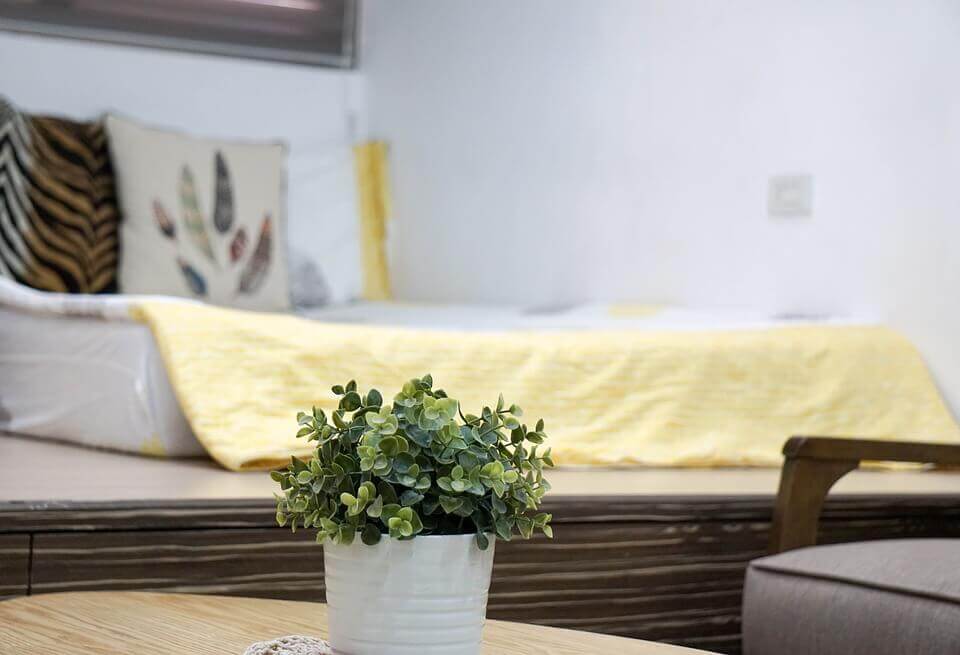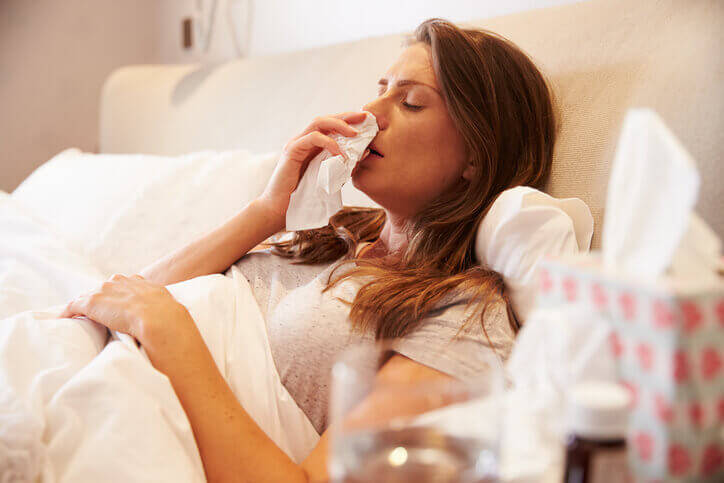Welcome back to our seasonal pollen series. In Part 1, we talked about how allergies happen. In Part 2, we discussed ways to improve your home environment during pollen season. Today, we’re talking about how traditional Western medicine and alternative medicine can both help with pollen misery!
1. Essential oils for allergies
 Straight up: Essential oils aren’t going to cure your allergies. So, how can essential oils help? Well, some essential oils can help reduce the misery that comes with pollen and allergy symptoms, such as stuffy/runny nose, itchy/watery eyes, and sneezing.
Straight up: Essential oils aren’t going to cure your allergies. So, how can essential oils help? Well, some essential oils can help reduce the misery that comes with pollen and allergy symptoms, such as stuffy/runny nose, itchy/watery eyes, and sneezing.
For kids:
Plant Therapy also offers our KidSafe “Sneezy Stop, which is a synergy developed for ages 2-10. Diffuse the blend, use in a personal inhaler, or dilute to rub topically on the chest.
2. Antihistamines
In Part 1 of this series we talked about how histamines are released by the body in an allergic response. Antihistamines block the release of these chemicals and reduce the amount of nasal swelling, sneezing, and itchy or watery eyes.
3. Nasal Sprays
 There are several anti-inflammatory steroid medicines in a liquid base that are sprayed into the nose to reduce swelling and mucus.
There are several anti-inflammatory steroid medicines in a liquid base that are sprayed into the nose to reduce swelling and mucus.
4. Leukotriene inhibitors
When antihistamines and nasal sprays don’t treat allergy symptoms, doctors might prescribe leukotriene inhibitors.
Leukotrienes are inflammatory body chemicals that cause swelling in the membranes of the nose and lungs. This swelling can make it harder to breathe as airways become narrowed and more mucus is made by the body. Taken by mouth, leukotriene inhibitors can lessen the release of inflammatory chemicals which cause swelling and mucus production.
5. Herbs
 These herbs can be used individually or together in a tea or tincture. See this article for more information.
These herbs can be used individually or together in a tea or tincture. See this article for more information.
- Dong quai
- Eyebright
- Gingko
- Milk thistle
- Red clover
- Stinging nettle
- Yarrow
6. Homeopathy
 The practice of homeopathy includes giving tiny doses of the same substance that would normally produce illness in a person. This is done to treat or cure an illness.
The practice of homeopathy includes giving tiny doses of the same substance that would normally produce illness in a person. This is done to treat or cure an illness.
7. Supplements and Nutrition 
- Some natural nutrition sites say eating raw local honey helps allergies, since bees that make the honey do so after feeding on pollen from plants that grow naturally in your area
- A diet rich in leafy green vegetables and deep orange/yellow vegetables will help with allergy symptoms.
- Avoid caffeine, sugar, wheat, chocolate, and alcoholic beverages.
- Add probiotics to your diet. Check out this interesting article to learn more about probiotics use for allergy relief.
- There are some great ways to treat seasonal allergies, both from a Western medicine and from a holistic view. So whether you choose one over the other or a combination of both, it pays to do research into the risk verses the benefit of whatever way you choose.
Sources: www.livescience.com/50723-probiotics-help-relieve-seasonal-allergies.html
http://www.naturopathic.org/content.asp?contentid=117 (herbal list)












